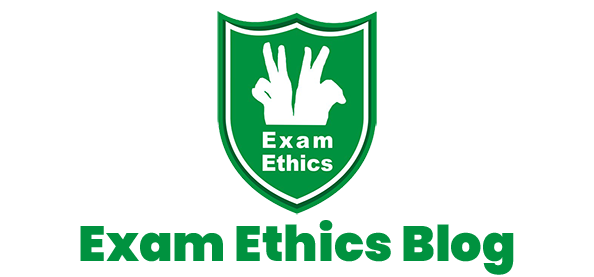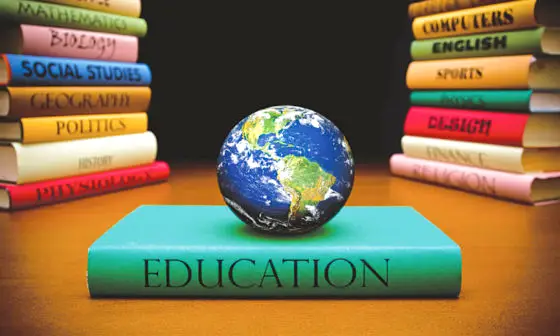This article was culled from the Vanguard Education news.
THE United Nations, UN, has warned that if Nigeria’s current low public investment in the education sector remains the same, it is unlikely that it would not achieve the SDG-4 global agenda for universal inclusive and equitable basic education for all school-age children by 2030.
Consequently, the UN has advised the country to increase its budgetary provision from its present seven percent to 20 percent with clear accountabilities on delivery.
The United Nations gave the warning following the official launch of the Reports of Independent Evaluation of Sustainable Development Goals-3 (SDG-4) and SDG-4 by Vice President Yemi Osinbajo on Thursday.
Speaking during the event at the Presidential Villa, Abuja, the UN Resident and Humanitarian Coordinator in Nigeria, Mathias Schmale, who gave this position, observed that Nigeria is the first country to undertake and deliver independent comprehensive evaluations of SDG-3 and SDG-4.
He noted that the reports indicate how quickly the government has established robust institutional monitoring and support frameworks at the national and sub-national levels to support effective implementation of the SDGs across the whole country.
According to the UN representative, “While the findings of these evaluations show some improving health and education outcomes in Nigeria, the reports also contain some worrying analysis.
In relation to SDG-4 on quality education, it is, for example, concerning to note that Nigeria is unlikely to achieve the global agenda for universal inclusive and equitable basic education for all school-age children by 2030 if the current very low public investment in the education sector remains the same.
“The evaluation indicates that the right policies (especially around free basic education and gender) are in place but an increase in quality and access to education is critical.
“In the 2022 budget, there was an increase to 7% on education but the evaluation says it will need to increase to 20% with clear accountabilities on delivery.
“Similarly, government resources for health financing are inadequate for the
achievement of SDG-3 targets related to good health and well-being.
“It is good see that the recommendation of revitalizing the Primary Health Care has already started and its effectiveness will be enhanced with a clear plan and accountability on human resources and financing at state level.
“Business as usual is not sufficient. In support of government, we are keen to
identify truly transformative initiatives that will catalyze tangible change in the
lives and livelihoods of the Nigerian people. This new data will help determine which health and education programmes are really moving the needle. We can then look to expand, renew, and replicate them.
“We must collectively push forward with education and health sector specific
transformative initiatives such as prioritising and revitalising basic Primary
Health Care and improving the quality of teachers and learning in and out of
classrooms.”
While commending the efforts of the Senior Special Assistant to the President on SDGs, Princess Adejoke Orelope-Adefulire, Schmale noted that the two reports point to the importance of significantly increasing public spending in both health and education services.
progress in these areas is crucial to the resilience to global shocks. And whether the multiple crises the world is confronting,
strengthening the Nigerian healthcare system is the key to be better prepared for current and future pandemics.
“And the report sheds some light on key priority areas to do so. including improving the governance and accountability of the health care programs across the country. The report is also very timely as the recommendations on education aligned with the focus areas of the transforming education summit, including on inclusive and equitable education, especially for our girls, Safe and Healthy Schools, foundational skills, and lifelong learning, digital skills and education Financing.
“I encourage you all to swiftly turn these recommendations into actionable levels so that we can accelerate our implementation of the 2030 agenda. I congratulate Nigeria for the progress identified in the report. Let these results serve as a catalyst for even greater achievements.’









